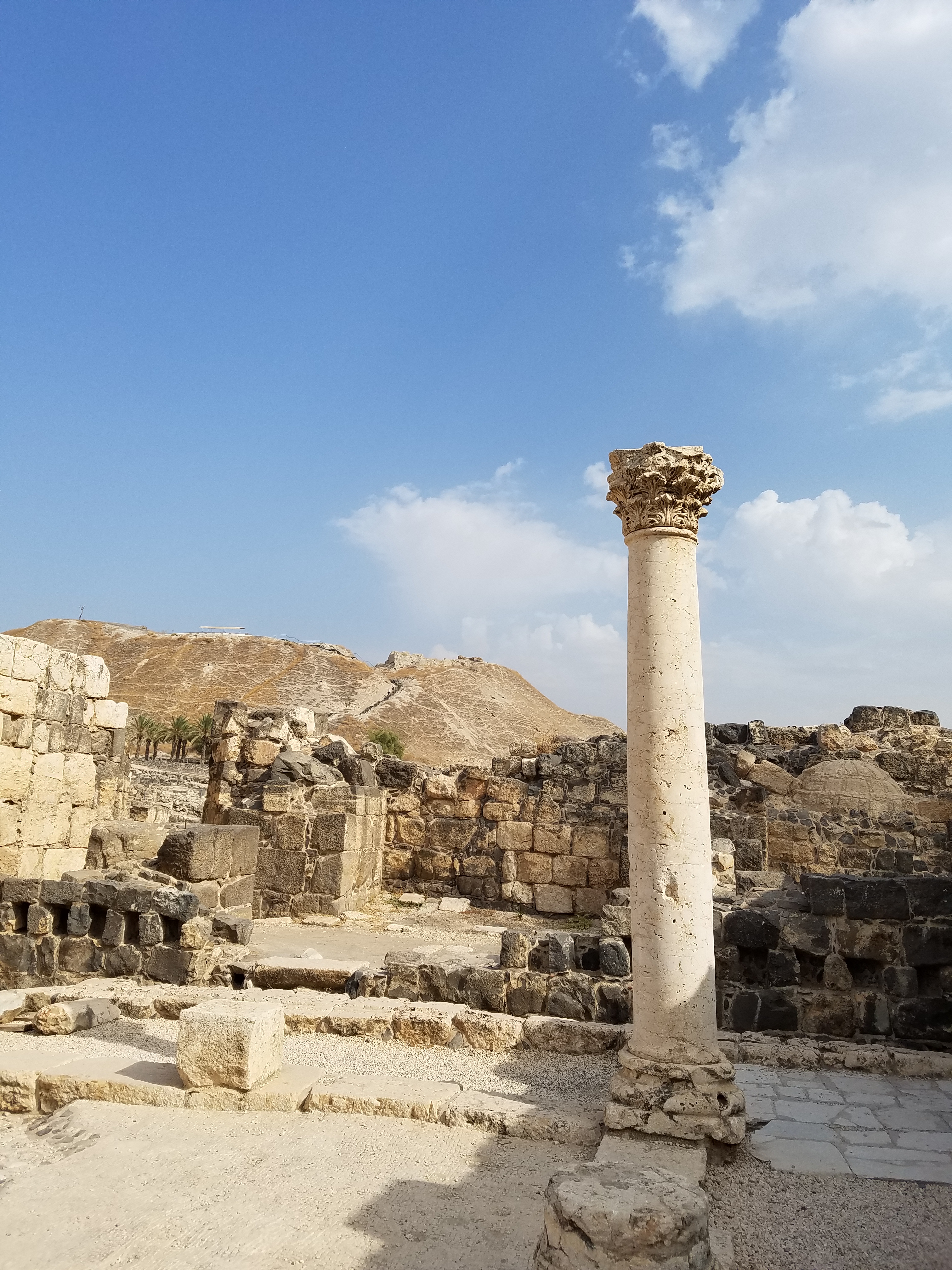
The lines are drawn. Headlines are swirling. People are doing all they can to get their thoughts out there as fact fades into opinion then into bias then into fact and back out again.
Leaders speak fiercely against that which they supported just months ago, people on all sides huddling up and circling the wagons.
Respected, thoughtful pastors have staked out their positions on either side of the debate, leaving many unsure of where to stand, or worse, leaving them to feel betrayed, confused, and opposed to good leaders they once supported.
Kind people who have been friends for decades are quickly destroying those friendships through impassioned debates on social media. Every day we read a new post from someone who is 'leaving facebook' to get away from it all.
To read the average news feed it would appear the world is melting and we are all going with it. The social environment around us is more politically charged than it has been in years, but the truth is, this is nothing new. Far from it...
Now would be a really good time to take a step back from all the noise and just breathe for a moment.

As we step back, lets step all the way back into 1st century Israel, a far off land we have heard so much about where Jesus began His ministry. . In the time and place where Jesus lived, political tensions were also incredibly high, and the Roman Empire was ruthless in their rule of the land. Having taken control, these Roman authorities were brutal to all those they encountered, and imposed large amounts of taxes on the people. Their rule was harsh, those who lived under their authority lived in oppression, and elements of revolt were springing up all around. The Romans kept a watchful eye for these pockets of revolution, and delivered a quick response to those who would dare challenge them. It was from this environment that God's chosen people cried out for a Savior, and they were generally looking for one who would save not only their souls, but their nation as well. Many hoped for a Messiah who would not only bring peace and freedom from sin, but one who would also forcefully overthrow the Romans and allow them to live in freedom and strength as a free people.
It was in the midst of this turbulent environment that Jesus appeared on the hillside, proclaiming, "Blessed are the meek, for they will inherit the earth" (Matthew 5:5). It was into this world of chaos that He said, "Peace I leave with you; my peace I give you. I do not give to you as the world gives. Do not let your hearts be troubled and do not be afraid" (John 14:27).
When Jesus had the audience and opportunity to speak out against the Romans and rail against government, He took a different direction.
He said, "My Kingdom is not of this world" (John 18:36).
He said, "render unto Caesar what is Caesar's, and to God what is God's" (Mark 12:17).
He said, "So in everything, do to others what you would have them do to you, for this sums up the Law and the Prophets" (Matthew 7:12).
Years later, the Apostle Peter said, "Show proper respect to everyone, love the family of believers, fear God, honor the emperor" (I Peter 2:17).
The Apostle Paul said, "Let everyone be subject to the governing authorities, for there is no authority except that which God has established. The authorities that exist have been established by God" (Romans 13:1).

Keep in mind that these are men who ultimately met their fate at the hands of this same government. These are men who knew beyond a doubt that they were being treated unfairly by the state.
So why didn't they use their voice to cry out against this evil? Why didn't they fight back?
A short time reading the New Testament reveals that the writers intended to minimize political talk and focus on faith talk. Their focus is on belief, on behavior, and on doctrine. They speak not to matters of policy and law, but to matters of righteousness, sanctification, and unity.
This does not mean that the Christian leader has no place and no voice in the public discussion. In a free republic such as ours, the opposite is true, and we are obliged to speak to the issues of our day. But we do well to consider this: the Apostles used their voice not to change the current political situation, but to change the world forever by changing hearts.
They focused their efforts on building up, on encouraging the believers and pointing them back to that which is everlasting.
Their gaze was fixed squarely on the eternal, not the temporary.
As I visited Israel this past year, I was struck with just how many empires had come through this part of the world. Empires once mighty that are now long forgotten.
Names of triumphant rulers that are now nothing more than part of a name inscribed somewhere in the dust. But the eternal promises of God are strong in this same place, and make their presence felt in every rock, every tree, even in the air itself.
The Egyptian Empire came and went, the Persian empire came and went, and the Babylonian, Greek, Roman, Byzantine and British Empires followed suit. Eventually, President Obama and President Trump will be names in the footnotes of history along with Rutherford B. Hayes, Millard Fillmore and many other Presidents that most of us know little about these days.
We do ourselves a great good by looking to the past, studying what mattered then, what matters now, what will matter in a century, and what matters in eternity. The political pendulum swings, and will swing again, but "the Word of the Lord endures forever" (I Peter 1:25).
My prayer is that we as Christian leaders will be wise in our dealings, focused and speaking to that which is eternal, following the example of Paul, in asking others to "Pray also for me, that whenever I speak, words may be given me so that I will fearlessly make known the mystery of the gospel" (Ephesians 6:19).